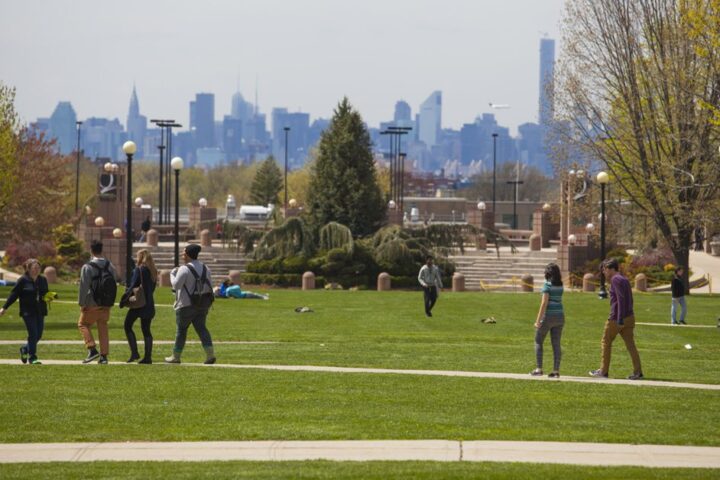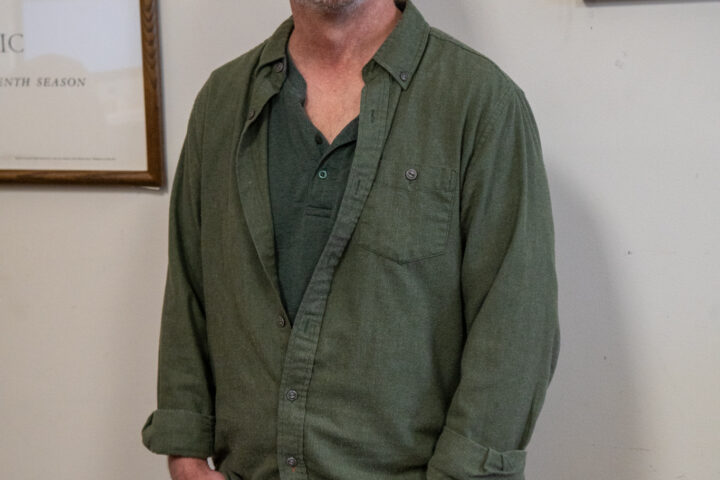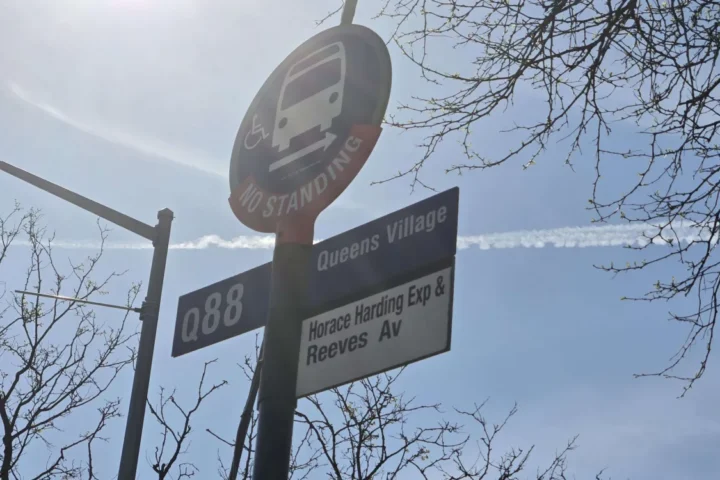After last year’s sex scandal ended with his resignation, former CIA director, General David Petraeus is now embroiled in a new controversy over his appointment in the CUNY Macaulay Honors Program.
As a visiting professor of public policy, Petraeus was under fire originally for his $200,000 salary, though the significance of his appointment and what he will be teaching has also been criticized severely.
Many individuals and groups from within and outside of the CUNY system have offered their insights over the appointment of Petraeus’ with caution, distress or praise. Through official statements, articles, leaflets, public speeches and public appearances, the reaction to Petraeus’ has not stopped and will continue as Petraeus will take the helm of his course this fall.
In early March, then-Chancellor Matthew Goldstein, with Dean Ann Kirschner of the Macaulay Honors College, appointed Petraeus to the position that originally listed his pay as $200,000. The salary was less than his annual military pension of $220,000. However, it was exponentially more than the average salary for an adjunct professor which is $3,000 without benefits.
“Beginning this fall, I know that he will bring to the classroom and the University, a rare perspective drawn from decades of mentorship and leadership,” Ann Kirschner wrote in a message to Macaulay students.
CUNY could not be reached for comment.
Originally, the story was reported by J.K. Trotter of Gawker after he obtained documents through New York Freedom of Information Act requests that released email conversations between Kirschner, Petraeus and Goldstein. When it was released, individuals and groups were outraged by the salary agreed by the trio. The $200,000 salary was then reduced $150,000 by Macaulay and CUNY officials and finally to $1.
“It is unclear whether the $150,000 offer was ever considered ‘serious.’ The evidence shows that Ann Kirschner drafted a letter indicating the lower salary, and passed it around to other administrators, at the end of May. But that letter was very clearly never actually sent to Petraeus. In other words, while the letter was in fact drafted — but never sent — it was only publicized when CUNY came under criticism,” Trotter said.
The Professional Staff Congress — the union that represents more than 25,000 professors in the CUNY system — took issue with the salary. Barbara Bowen, President of the PSC and Queens College English professor, stated that neither Macaulay nor CUNY approached the PSC about salary.
“Half of the teaching at CUNY is done by adjuncts. Adjuncts earn about $3,000 per course. There are a significant number of adjuncts – 2,000 – even though they have work and they do a whole lot of teaching load at CUNY,” she said.
Dean Ann Kirschner felt the controversy was “unfortunate” as she stated to the New York Times on July 15th, though felt Petraeus’ stature would help students with their future.
“I sympathize with the concerns about the salary,” she said. “But I also believe he is a valuable teacher for our students.”
Additionally, there is issue with what Petraeus will be teaching to students and his history as a general in the military.
“I’ve had other faculty and even students contact me about other things: his connection with war, drone attacks, detention policy [and] about the reason for bringing in a military general to talk to CUNY students. The PSC doesn’t comment on the content on people’s course, but there has been a lot of discussion on faculty and why students should listen to him,” Bowen said.
According to Freedom of Information Act documents, he will teach 16 Macaulay Honors students — three of which are QC students — in his course titled “The Coming North American Decade?” that has already been criticized for its curriculum.
Journalist Steve Horn of DeSmogBlog released his draft syllabus obtained in a FOIA request. It showed Petraeus will place heavy emphasis on pro-fracking papers and promotion of the Keystone XL pipeline — starting in the Alberta tar sands and passing through the United States to the Gulf Coast to transport to refineries to be delivered in the international market.
“If you took a neutral professor who saw it objectively, they would see problems with the syllabus and see it as a blatantly pro-business, pro-corporate point of view,” Horn said.
Additionally, Horn stated that the course description reflected Petraeus’ “job description” as an advisor, as he will also be working for Kohlberg Kravis Roberts, a Wall Street firm. He felt that the course’s content and course title demonstrated how much of a believer Petraeus was in “American exceptionalism.”
“His course is illustrative of his position in Wall Street. It’s very troubling that David Petraeus is using his position of power and authority to brainwash young students,” Horn said.
George Hendrey, head of the QC Earth and Environmental Science department, stated that while Petraeus could talk about anything he wished while teaching, he should be recognized as a “military officer turned politician.”
“When students are sitting in his class or reading anything else, they should recognize he is a politician, not [an] expert. So yes, I think it is very appropriate for him to [teach],” he said.
Overall, it is evident that the situation from CUNY and Macaulay’s standpoint was one of enthusiasm for the arrival of Petraeus as the FOIA documents indicate.
“[Kirschner] wanted to see her name next to Petraeus’ in The New York Times,” Trotter said. “All of which is fine and good if you believe that proximity to power, to a network of individuals who control the behavior and bodies of others, amounts to enlightenment. But it doesn’t, it can’t, because a real education should produce individuals willing to challenge power, not accommodate it.”













